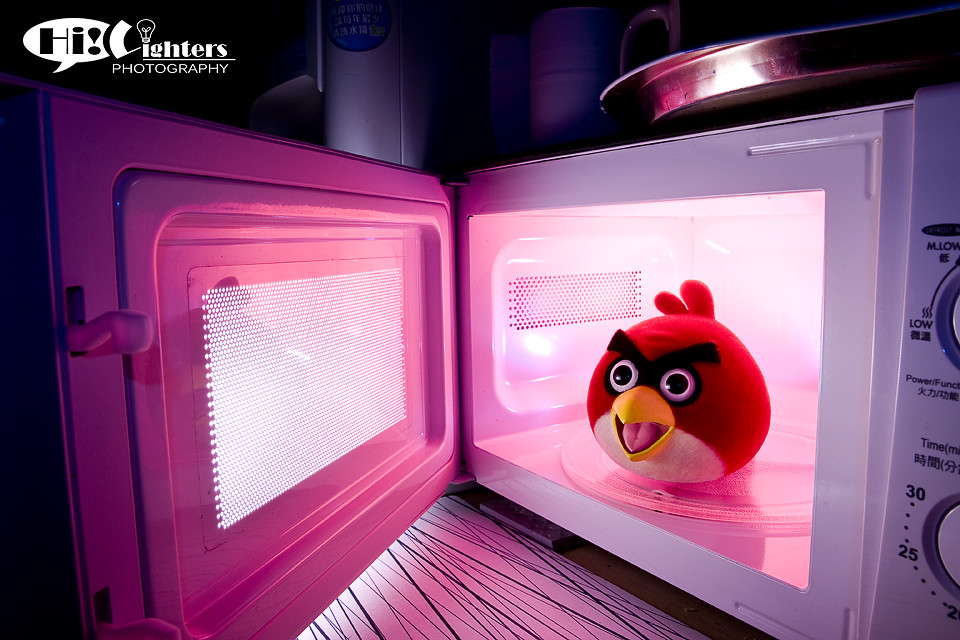The microwave has evolved into a necessary kitchen tool in today’s fast-paced society, providing unmatched ease when it comes to reheating our meals. But have you ever considered the possibility that it might be anything more? Can you keep food inside of it?
No, it is not advised to microwave-store food. The main purpose of a microwave is not to serve as a storage container, but to heat or cook food. Several dangers can arise from microwave food storage.
First of all, improper food storage conditions might promote the growth of bacteria. Second, using the microwave for an extended amount of time might alter how well it works and even harm the appliance. Furthermore, keeping food in the microwave may reduce the amount of room available for heating or cooking other items. To maintain food’s freshness and safety, it is best to keep it in appropriate airtight containers in the pantry or refrigerator.

Is food safe to eat if you have accidently left it in the microwave overnight?
Overnight microwave use of food may be harmful to your health. The type of food, the temperature it reached, and how long it was in the microwave all have an impact on how safe the meal is.
Perishable items like meat, dairy, cooked rice, and vegetables ought to never be kept at room temperature for longer than two hours. Food that has been left in the microwave all night has probably been sitting at room temperature for a while, which creates the ideal conditions for bacterial growth.
In the “danger zone” temperature range of 40°F to 140°F (4°C to 60°C), bacteria can proliferate quickly. There is a higher possibility that hazardous bacteria may have proliferated if the meal was microwaved for a long time, increasing the risk of foodborne infections.
You should exercise caution when considering whether to eat food that has been microwaved overnight. It is preferable to throw away food if it has a strong odour, an odd texture, or any indications of mould in order to reduce your chance of contracting food poisoning. When in doubt, it’s always better to be safe than sorry and throw the food away to save your health.

What food can be stored in the microwave overnight?
Since the microwave is intended more for short-term heating and cooking than for long-term food storage, it is typically not advised to leave food in the microwave overnight. There are a few types of food that can be stored in the microwave for a brief length of time, but, if you’re referring to utilising it as a temporary storage solution before moving the food to the proper containers or refrigerator.
Bread, chips, and cookies, among other dry, non-perishable foods, can be kept in the microwave overnight if it is clean and free of moisture and pests. These food varieties are less prone to bacterial development.
It’s crucial to remember that the microwave shouldn’t be utilised as a long-term storage option. It is recommended to gradually shift dry, non-perishable things into appropriate airtight containers or keep them in a pantry or cabinet.
Always remember to abide by the rules on food safety, and stay away from keeping cooked or perishable things in the microwave for extended periods of time as this might raise the danger of bacterial development and foodborne illnesses.

Is it safe to store food next to a microwave?
In general, it is safe to keep food close to a microwave. Since microwaves are made to restrict heat and radiation within of a specific cooking chamber, their exterior surfaces shouldn’t generate any noxious gases that could contaminate neighbouring food.
To maintain the safety of the food, it’s crucial to take into account the following:
- Heat: When a microwave is operating, heat is produced, and the outside surfaces may get heated. Make sure there is enough distance between the microwave and any food items to allow for good airflow and prevent direct contact in order to prevent heat transfer to neighbouring food.
- Maintaining cleanliness means keeping the space around the microwave clear of spills, food scraps, and other potential pathogens. To preserve hygiene, clean down the microwave’s surfaces frequently.
- Strong microwave odours have the ability to alter the flavour and aroma of neighbouring food items. To reduce the possibility of odour transfer while keeping delicate or aromatic goods, think about using airtight containers or covering them.
- Emissions from microwaves: While operating, microwaves produce non-ionizing radiation, but these emissions are kept inside the unit. Strict safety regulations apply to microwave ovens to guarantee that radiation exposure is kept to safe levels. As a result, food stored close to a microwave does not pose a significant radiation risk.
In conclusion, it is safe to store food next to a microwave as long as proper hygiene is practised and a safe distance is maintained. However, it’s always wise to take precautions and make sure the food is kept in settings that will preserve its freshness and quality.

Comments are closed